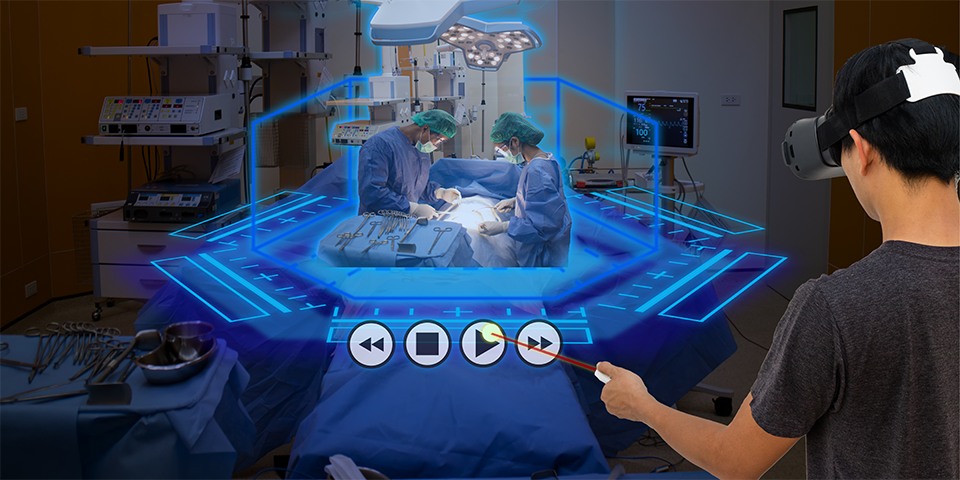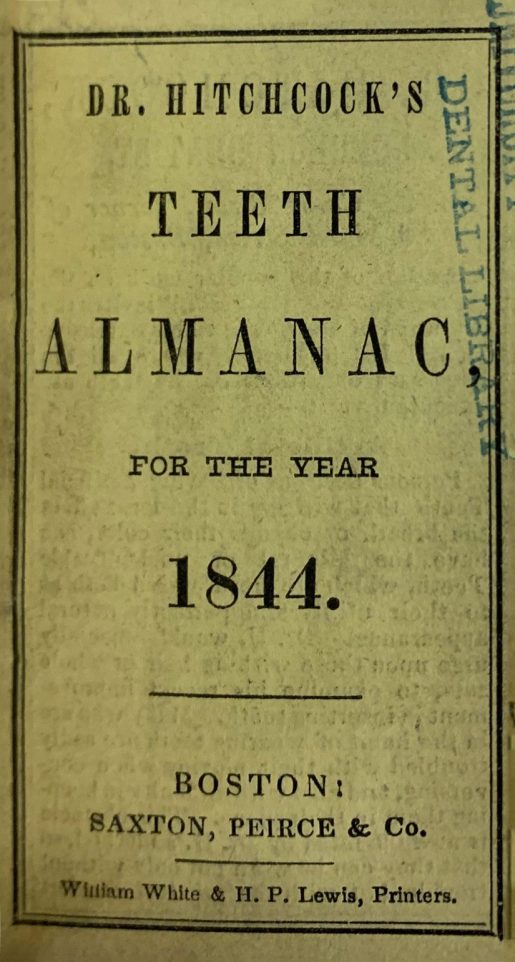The University of Pittsburgh has licensed a cloud-based Electronic Research Notebook, LabArchives, since 2016. LabArchives research notebooks assist with the organization and management of laboratory data, safely and conveniently across multiple platforms and devices. Whether managing a research lab as a principal investigator or reviewing students’ lab work as an instructor, LabArchives supports effective research data management plans and helps improve student learning. Pitt researchers seeking to make the transition from paper-based to electronic lab notebooks can watch YouTube videos, read our guide, or attend one of our training sessions.
LabArchives has expanded beyond electronic research notebooks for Research and Education to include two products that we are excited to announce are now available to researchers with a Pitt email address: Inventory and Scheduler.
LabArchives Inventory streamlines the organization, tracking, and ordering of lab inventory. Whether you need to order inventory from a vendor or manage your in-lab created materials, LabArchives Inventory provides a simple and customizable solution for your physical inventory management needs. Use Inventory to customize your inventory types and storage locations, add and manage lab inventory items, and then use the ordering options to request and receive materials. Continue reading

 Today, the almanac is no longer the important and popular resource it once was in most households. It appeared in America at the end of the 17th century and its popularity was second only to the Bible. Almanacs offered lists of current events, advice, and weather prognostics tailored to a specific audience, such as that of the Farmer’s Almanac, and served as a basic home reference, especially for those in isolated households, helping to keep track of passing time. Dr. David Keyes Hitchcock started publishing almanacs annually around 1839, which happened years before printed calendars were invented (1870), and before there were any standards (1883)* by which to set clocks and watches.
Today, the almanac is no longer the important and popular resource it once was in most households. It appeared in America at the end of the 17th century and its popularity was second only to the Bible. Almanacs offered lists of current events, advice, and weather prognostics tailored to a specific audience, such as that of the Farmer’s Almanac, and served as a basic home reference, especially for those in isolated households, helping to keep track of passing time. Dr. David Keyes Hitchcock started publishing almanacs annually around 1839, which happened years before printed calendars were invented (1870), and before there were any standards (1883)* by which to set clocks and watches.